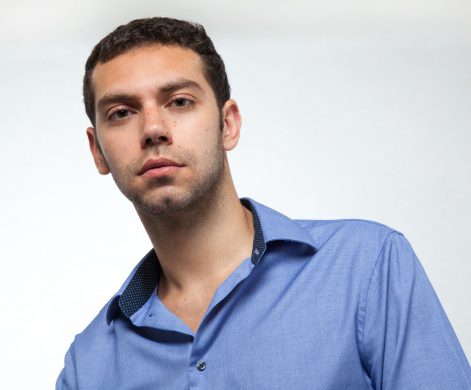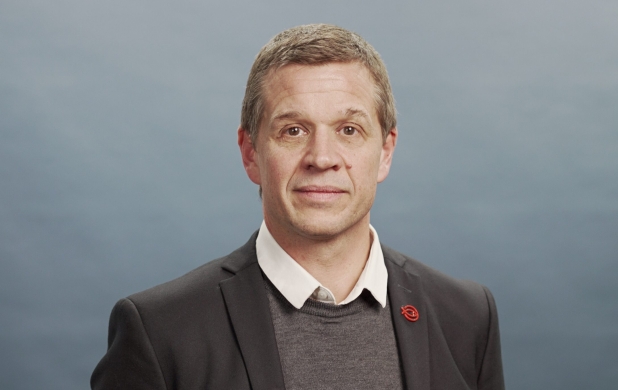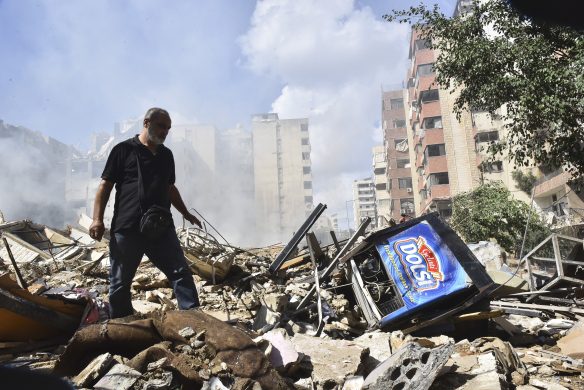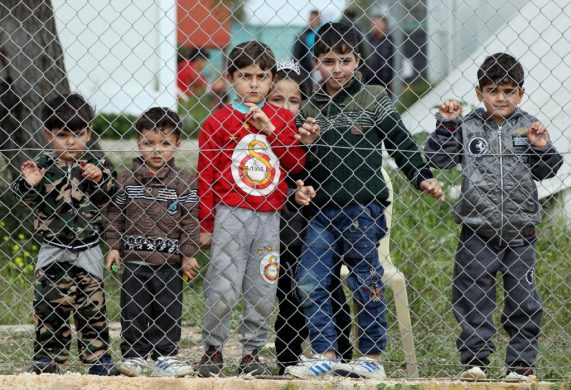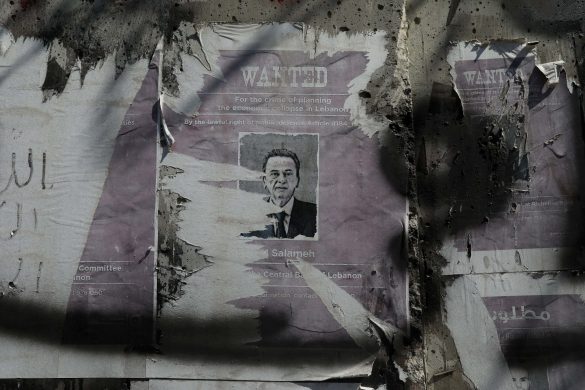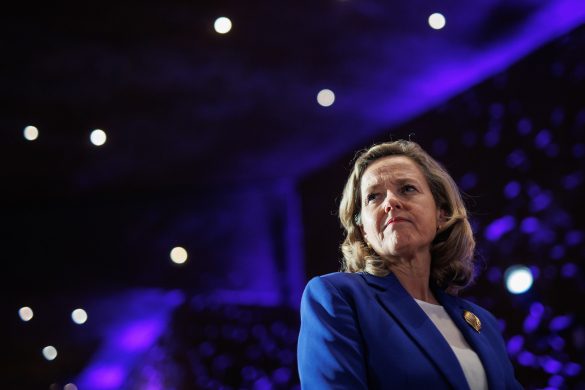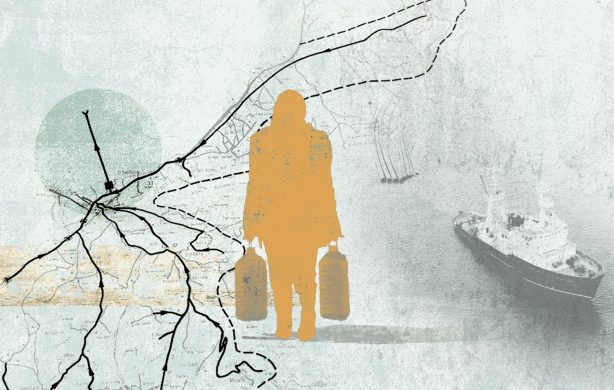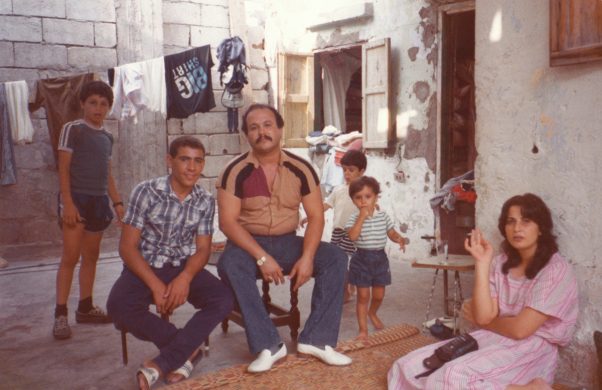Beirut Pride – Tro, håb og kærlighed
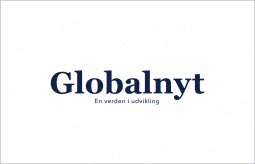
I anledning af Copenhagen Pride 2018 bringer Globalnyt temaet “Beirut Pride – Tro, håb og kærlighed”.
Her kan læseren møde manden bag Beirut Pride, Hadi Damien, og i en interviewserie på fire afsnit høre ham fortælle om fortiden, nutiden og fremtiden for Beirut Pride og LGBTQ+ i Libanon og regionen.
LGBTQ+ betyder “lesbian, gay, bisexual, transgender, queer” Plus-tegnet dækker over andre seksuelle identiteter.
Artikler i serien
Introduktion: En Pride er ikke bare en Pride (15.08.2018)
Afsnit 1: Hvordan det hele begyndte (16.08.2018)
Afsnit 2: Livet som LGBTIQ+ i Beirut (16.08.2018)
Afsnit 3: Beirut Pride 2018 – hvad sker der? (18.08.2018)
Afsnit 4: Tro, håb, kærlighed og nye vinde (18.08.2018)
Kulturguide: Libanons LGBT-scene (20.08.2018)
Like most people, I used to equate a Pride with its Parade. My first encounters with Prides in general were through articles I read and videos I watched, publications that were mostly criticising Prides, with no constructive notes.
On a trip to Europe in 2016, I attended the Amsterdam Pride, that was also a EuroPride, and I was stunned with its joyful and empowering impact on the people making it, be them attendees or performers. It was a fantastic celebration, with people cheering alongside friends and family, hanging from their windows, sitting in trees — people of all ages and looks. Whether you contemplate a parade or you walk in it, you do feel enriched by its intensity.
If chill places like Amsterdam or Prague are this big on Prides, then, in Beirut, we need a Pride every single day.
In parallel to this, I had spent the prior months discussing with friends and activists ways to implement for the LGBTIQ+ file to go to move forward, to go to another level, in a more efficient way.
However, I was often met with limitation and unclear hesitation. Piecing things together, and based on my circles of influence, I conceived a five-year plan that would run yearlong initiatives pertaining to political lobbying, religions, the media, education, the business world, and families.
En simpel opskrift
As Beirut Pride was thought to take a stance against hate and discrimination based on gender and sexual diversity, May 17, International day against homophobia and biphobia and transphobia, seemed the most appropriate time to schedule Pride Days around it. The formula was simple: bringing people together, mostly from the creative industries, in order to enhance the visibility of LGBTIQ+ people in the country through addressing “hate and discrimination they are subjected to” – not through victimisation or a dramatic discourse.
It is a collaborative platform that takes a positive stance against hate and discrimination based on gender and sexual diversity.
People attend Beirut Pride for the empowerment it is, for the quality of the programme, the friendly ambiance, and to show their support. The Pride days take place in various venues all over the capital. We are definitely in “friendly spaces”, the audience attending the happenings of Beirut Pride is large, from all social classes, and crosses many generations.
The attendees are not all LGBTIQ+ and we engage in conversations with some people who are interested enough to see what lays behind the communication of the media. The reception of Beirut Pride has been tremendous and extremely positive, and never have we thought people will come out so massively.
Hvad er særlig ved Beirut Pride?
Every organising of oneself, of a movement, of a happening, is different from another one, for each has their specificities and particularities. Mimicking is a recipe for disaster, as it does not acknowledge – at first – and take into effect – at second – the specificities and particularities of what/who is being organised.
Even though it might sound strange, Prides in NYC, London and San Francisco are very different. Yet, people only consider their overall aesthetics, hence making them seem similar.
The only similarity between all Prides is that they all touch upon the human condition. They all speak for equality, against hate and discrimination.
To answer this question, I would like first to take a look at Pride, and then at their location.
First, what is Pride and what does it mean?
Platforms called “pride” are retrieving a space that was taken away. Pride is complementary to shame, and LGBTQ+ individuals have most times been subjected to shame based on their emotions, feelings and desires. Hindering individuals in their most natural and elementary state has led to discriminations and to hate speeches and calls for violence. Prides address all this.
They tackle the shame that was enforced upon us, and address it. Therefore, Prides along the path of emancipation from this negative conditioning that yields self-hate and auto-destruction. Prides empower. Prides make you affirmative and secure. They give you the choice of being visible, they give you the choice to come out of the closet, for the closet is a hiding place from scrutiny and demeaning remarks and expressions.
Deltagerne skaber Priden
Second, not only is Pride a societal event to attend, but also an event you make by showing up, but pitching in, by coordinating. It boils down to people. In this frame, the biggest specificity of a Pride is the people making it. The surroundings, elements and conditions that define people make each Pride different from the other.
In the case of Lebanon, it was paramount we opened channels of communication with the religious authorities, before we engage in parallel connections with the media and the business world, in order to enhance our political outreach.
This doesn’t mean we abandon our needs, but to use all the elements in our advantage. It is pure strategy. Beirut Pride is built on a reflexion, on a thinking process, on a plan. It is a counter-reaction to slacktivism. It changes the discourse and takes things to another level.
Beirut Pride is an open public initiative that states things the way they are. In this frame, the basic fact that Beirut Pride exists is a progressive thing.
En lokal begivenhed
Pride is specific to the locality that hosts it. We see Prides becoming more of a locality event, that keeps on federating people from all walks of life. Individuals who attend Pride do not all identify as LGBTIQ+, and Pride, as a feeling, is not the sole property of the sexual and gender discourse.
Prides are moving in a larger direction, whereby being the platform that reassembles people who feel challenged and oppressed.
People who walk in a Pride Parade, for example, are manifold. They feature the schoolboy who is proud to finally having made it to the soccer team; they feature the single mother who is so relieved to be able to keep her child next to her; they feature the young trans who arrived to the march despite unfriendly comments and remarks they heard on their way; they feature older persons who are proud to see it happening, when they never imagined they would see a day people come together after years spent in secrecy.
Prides will be always spearheaded by the most oppressed, those who wish to liberate themselves from all forms of bigotry.
Dette er afsnit 1 af 4 af temaet “Beirut Pride – tro, håb og kærlighed”. De næste afsnit bringes i de kommende dage.

